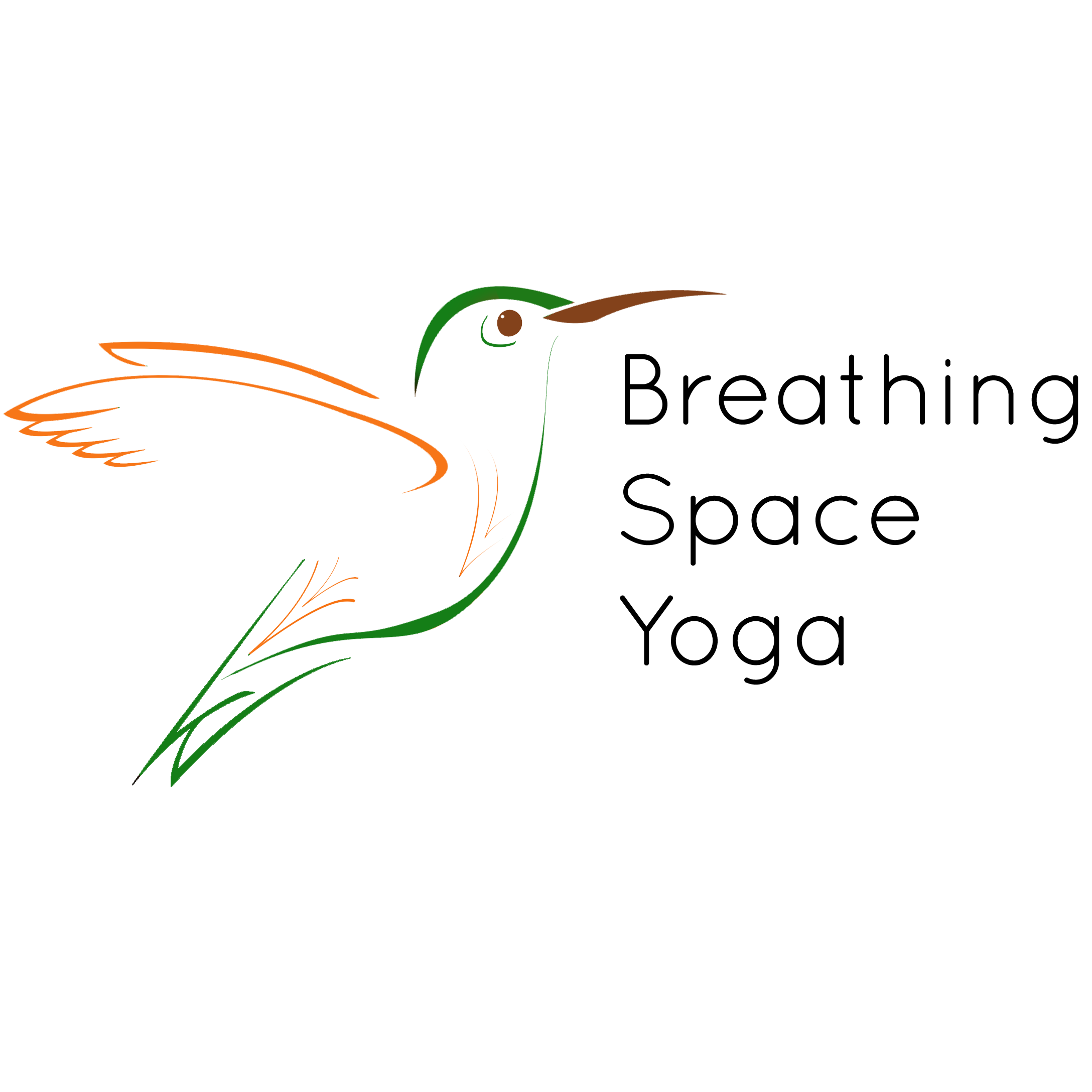How to begin Postnatal Exercise
Postnatal exercise.
Maybe you are ready to join a class, maybe not. Your pregnancy and birth may have been pretty smooth sailing and you want to begin to explore your new postnatal body and how to find your way back to fitness. Your pregnancy and birth may have been hugely challenging physically and mentally and you don't feel very much like you any more, or really connected to your body. Or you may be somewhere between the two. The important thing is to be where you are right now and start there.
Postnatal fitness classes are a good way to meet other parents and do something for you now that life seems to be all about baby.
A good, well trained postnatal fitness instructor is the place to start. They will have the knowledge to help you exercise safely to avoid long term injury or problems which going too fast, too soon can cause. They will begin with your current health and recovery and work from there. Some classes will integrate your baby or allow you to have your baby with you.
Some of the main postnatal challenges are:
diastasis recti - tummy muscles still wide after pregnancy and birth and slow to come back together
sore back and shoulders - a result of your body shifting from pregnancy weight to carrying your baby, car seats and kit around and spending more time leaning forward to change, feed and interact with your baby
wrist pain - maybe carpel tunnel or just the strain of holding your growing baby
pelvic floor issues - recovery varies hugely and is very individual to you - issues are common but should not be considered 'normal' after birth, they need to be healed.
But what if you are feeling like your postnatal recovery is a long way off, you are exhausted and don't know where to start? Or you are not ready for an exercise class just yet, but you want to begin to heal your body?
This is where postnatal yoga comes in.
Postnatal Yoga includes:
gentle, accessible ways to begin to explore your new body and bring positive healing and realignment.
breathing techniques that work deeply to help your core and pelvic floor recovery
simple ways to build your core strength
movement to stretch and strengthen your back and look after your posture while carrying and lifting your baby
pelvic floor restorative techniques and ways to stabilise your pelvis to support your pelvic health
easing the shoulders and how to release tension as you lift and hold your baby
relaxation techniques to help you feel better and re-energise
It is suitable after any birth and can be done from 6 weeks postnatal (earlier sometimes). Your baby comes with you and baby yoga can also be included in the class too to support their development, your bond and have fun! You begin where you are and there's an emphasis on checking in with how you are feeling at that moment, working in a way that supports what you need and helping you to progress at the pace that's right for you.
Postnatal yoga also helps with your mental well-being with meditation and mindfulness at its heart.
A good postnatal teacher will happily talk to you about their class, check in your health and physical needs and advise you as to the suitability of their class for you. They will also check in with you after class and help you with questions. Don't be afraid to ask! Above all you should feel comfortable enough to rest in a class at any time, to ask for alternatives if a something isn't right for your body, and if you feel any pain stop straight away. A good rule of thumb is to begin exercise where you left off at the end of your pregnancy and work from there.
If you are interested in joining my postnatal yoga classes please get in touch. sarah@breathingspace-yoga.com
Other, local to Northwich, postnatal exercise, yoga and women's wellness and recovery practitioners can be found at

